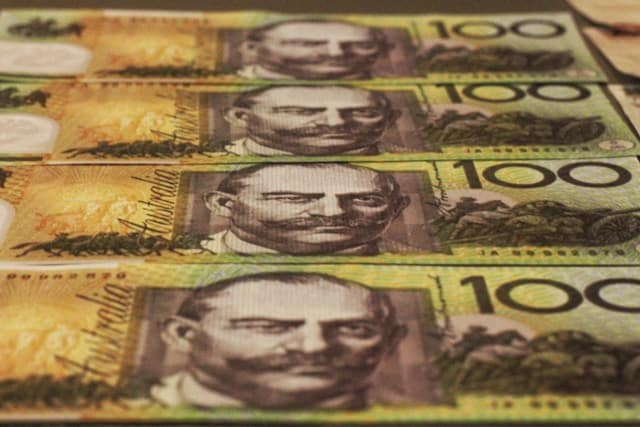Managing your money wisely is essential to achieving financial peace of mind. In Australia, understanding how to balance spending and saving can make a huge difference to your lifestyle, especially in a fast-changing economic environment. Whether you’re new to budgeting or looking to improve your financial habits, this guide is designed to help you take control of your money.
Australians face unique challenges and opportunities when it comes to personal finance. From fluctuating living costs to the convenience of cashless payments, the way you manage your money matters. This article explores practical strategies to help you build smarter habits, reduce financial stress, and reach your goals faster.
Why Budgeting Matters
Budgeting is the foundation of any successful financial plan. In Australia, where housing, food, and transport can take up a significant portion of income, creating a simple monthly budget can help you identify where your money is going and where you can cut back. Having a clear understanding of your cash flow gives you the confidence to make informed decisions about your spending.
Tools and Apps for Easy Budgeting
Technology makes it easier than ever to stay on top of your finances. Popular Australian apps like Pocketbook, MoneyBrilliant, and the ASIC MoneySmart Budget Planner can help you track your income, set savings goals, and receive alerts when you’re overspending. These tools are especially helpful for young adults and newcomers who want to build strong financial habits early.
Smart Ways to Spend Wisely in Australia
Avoid Impulse Buying and Shop Strategically
Impulse buying is a common barrier to saving. In Australia, one way to avoid this is by planning your purchases ahead of time and setting clear spending limits. Take advantage of seasonal sales and compare prices online before you buy. Small changes in your shopping habits can lead to big savings over time.
Save Money on Essentials
One of the quickest ways to boost your savings is to cut down on everyday expenses. Our article on How to Save Money on Groceries in Australia offers practical tips like buying in bulk, shopping at local markets, and using rewards programs to stretch your budget. Even reducing the number of takeaway meals you order each week can make a noticeable difference.
Build a Sustainable Savings Plan
Start Small and Stay Consistent
Saving doesn’t have to mean putting away large amounts of money all at once. Start with what you can afford—even if it’s just a few dollars a week—and gradually increase your savings as your income grows. Our guide on How to Create an Emergency Savings Plan can help you prepare for unexpected costs without sacrificing your everyday lifestyle.
Automate Your Savings
Setting up automatic transfers to a separate savings account ensures you consistently put money aside without thinking about it. This strategy makes it easier to stick to your goals and builds a habit of saving that becomes second nature. Choose an account with minimal fees and a competitive interest rate to maximize growth.
Easy Ways to Access and Manage Cash in Australia
Know Where to Find ATMs
While Australia is increasingly cashless, having quick access to cash is still important. Whether you’re traveling, visiting rural areas, or budgeting with physical money, it’s helpful to know your options. Check out our article on Finding a Cash Machine Near You in Australia to locate ATMs with low or no fees and avoid unnecessary charges.
Use Cards and Digital Wallets Responsibly
Tap-and-go payments are incredibly convenient but can lead to overspending if you’re not careful. Use banking apps to monitor your daily spending and consider setting card limits to stay in control. Treat your debit card like cash—once it’s gone, it’s gone.
Quick Tips for Daily Money Management
- Track your expenses weekly to stay accountable.
- Use cash for discretionary spending to avoid going over budget.
- Meal prep and cook at home to save on food costs.
- Review your subscriptions regularly and cancel unused ones.
- Set short-term savings goals to stay motivated.
FAQ Section
1. What’s a realistic savings goal for someone living paycheck to paycheck?
Start with a small weekly amount you can manage comfortably, even $5–$10. The key is consistency over time.
2. How can I reduce daily spending without feeling deprived?
Look for budget-friendly alternatives—swap coffee runs for homemade brews, and explore free local events instead of paid entertainment.
3. Are budgeting apps safe to use in Australia?
Yes, many reputable apps use bank-level encryption. Just be sure to choose one that’s widely reviewed and trusted in the market.
4. Should I prioritize saving or paying off debt?
If possible, do both. Focus on high-interest debt first while building a small emergency fund to cover surprise expenses.
5. How do I stay motivated to save long-term?
Visualize your goals, track your progress regularly, and reward yourself with small wins when you hit a milestone.

